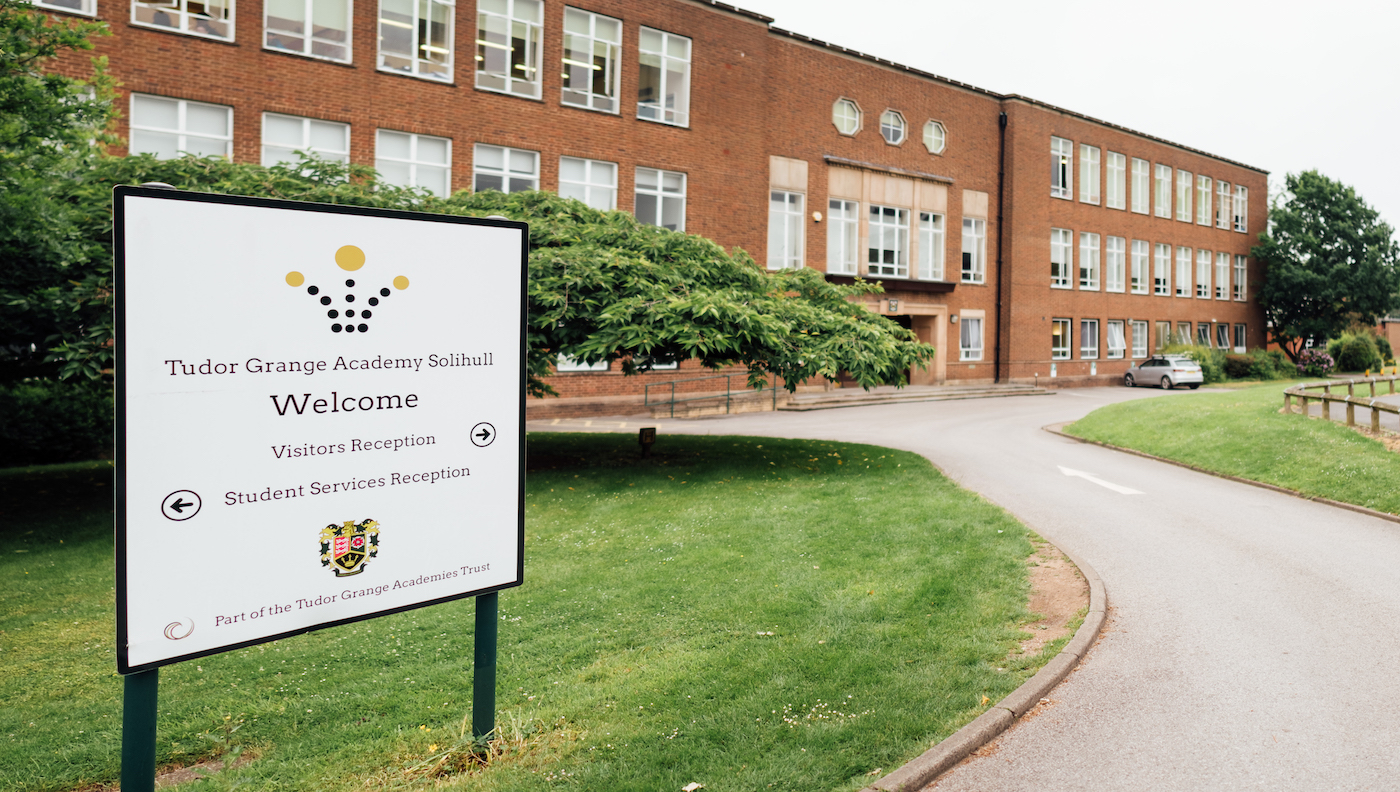Business

Mission Statement
By studying Business students will develop their understanding of how businesses work in an ever-changing world. The knowledge gained from their studies will enable students to contribute to the economy and society as employees, employers and consumers. In addition, learners will also gain an appreciation as to how issues outside the control of a business can affect its performance and develop their understanding that businesses must respond positively by adapting to said changes if they are to thrive. Students will develop their mathematical skills and learn to apply these to real life business scenarios. Finally, through their study, learners will be well placed to make informed decisions about their next steps after their time at Tudor Grange Academy Solihull.
Every learner will develop the skills necessary to participate in business activity as an entrepreneur, employee or consumer. The ability to communicate both verbally and in writing is a key focus of the course and students will spend a considerable amount of time focusing on this area. The skills of problem solving, decision making, and team working are vital in the dynamic and fast-moving world of the twenty-first century and leaners will also focus on developing these. The ability to create, analyse, evaluate and assimilate quantitative data from a variety of sources is another area of focus throughout the course and students will develop these skills throughout their study. Every individual should see themselves as part of the economy and consider how they will contribute in the future. They, therefore, need to be geared up to make decisions and understand how these decisions may impact upon all stakeholders in an economy for good or ill. By considering how all parties may be affected by business decisions, students will also develop empathy. Learners will also develop their appreciation of the resilience required to be successful in the business community and how change must be viewed not as a threat but an opportunity. Students will be intrinsically motivated and have a proactive, creative mindset. Students will be able to communicate effectively and appropriately, which will, in turn develop their business etiquette. Learners will show high standards in regard to presentation of themselves and their work which should instil a mature and professional ethos as they move beyond schooling. They will experience the real world of business through the use realistic case studies, discussion of topical news stories, learning about historical business decisions that have negatively and positively affected businesses and watching video sources to develop knowledge and understanding. Students will think intelligently and critically about the purpose and impact of business on the world and themselves as stakeholders. This will allow learners to see themselves as a part of the business world regardless of their future career goals. Students will also develop their understanding of the highly contextual nature of business and how this influences decision-making. In addition, learners will develop an appreciation that there is often not one right answer and that multiple valid solutions may exist for the same problem.
Overview of Years 10 & 11
The focus of study in Years 10 and 11 is based around the four functional areas of business with the addition of units upon the real world of business and key influences on business decision making. This programme of study will directly prepare students for the completion of their GCSE examinations at the end of Year 11. Should parents wish to see more information about the material covered in each of the six units, they may refer to the AQA GCSE Business Specification https://www.aqa.org.uk/subjects/business/gcse/business-8132 or look at the learning journeys that are stuck into students’ books at the start of each half term.
Year 10 – The following topic areas will be covered:
- Year 10 Learning Journey – Autumn 1
- Year 10 Learning Journey – Autumn 2
- Year 10 Learning Journey – Spring
- Year 10 Learning Journey – Summer 1
- Year 10 Learning Journey – Summer 2
- Human Resources
- Business Operations
- Marketing (Start)
Year 11 – The following topic areas will be covered:
- Year 11 Learning Journey – Autumn 1
- Year 11 Learning Journey – Autumn 2
- Year 11 Learning Journey – Spring 1
- Marketing (To finish by the end of Autumn Term 1 at the latest)
- Finance
Final grades are awarded based on the performance in two written exams taken at the end of Year 11. Both exams are 105 minutes long. There is no coursework element. Details of the examinations can be seen below:
| Paper 1 – 50% of Final Grade | Paper 2 – 50% of Final Grade |
| Business in the real world | Business in the real world |
| Influences on Business | Influences on Business |
| Business Operations | Marketing |
| Human Resources | Finance |
Exam questions are a mixture of short and multiple-choice questions, short essay-style questions based upon an unseen case study and extended essay answers again based upon an unseen case study.
Extra-Curricular Opportunities
The department offers the opportunity for students to participate in numerous enterprise activities based around school events. Students also have the opportunity to play the stock market and take on other students from around the country in the Young Investors Competition. Next year we will also be taking part in the Peter Jones Foundation event which involves students creating, planning and pitching a business to a panel of entrepreneurs.